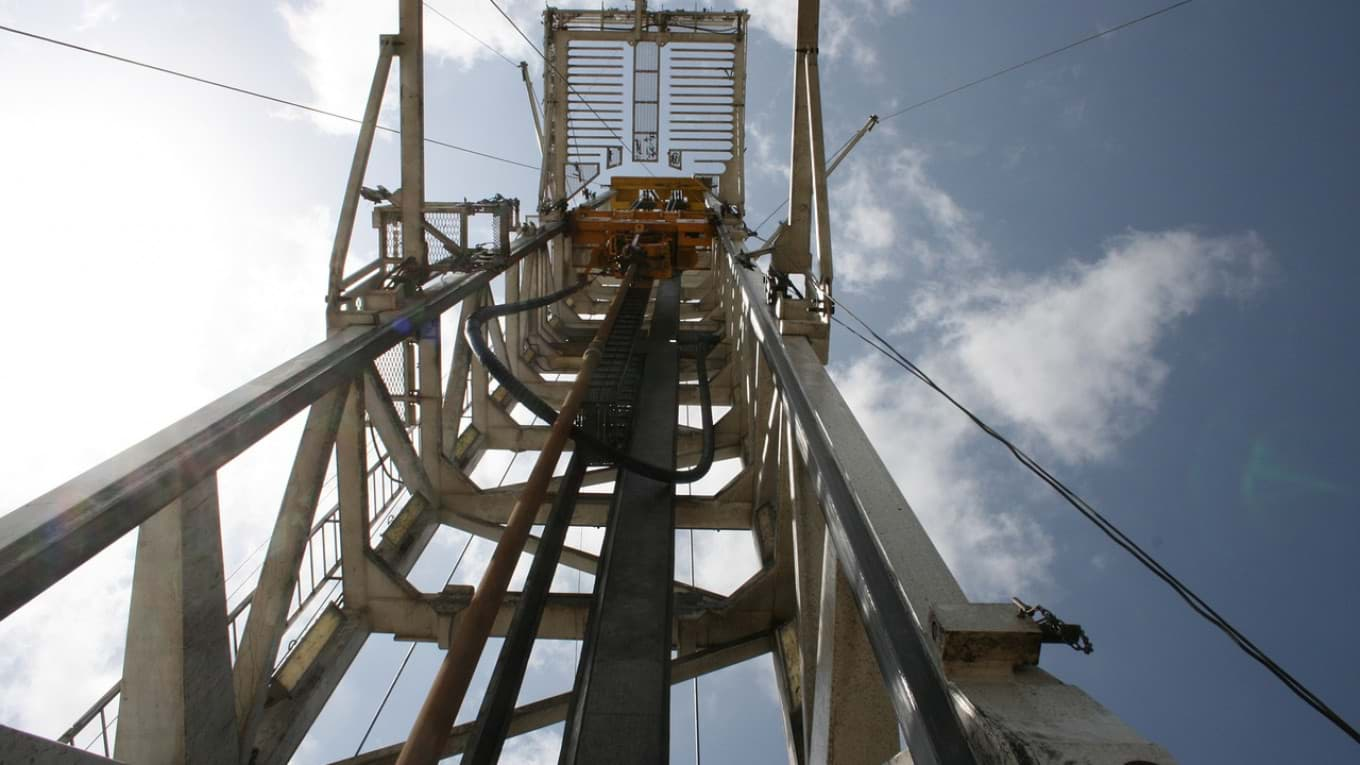U.S. Shale to Overtake Russia’s Entire Oil and Gas Production

In its flagship annual review of the global energy market, the International Energy Agency (IEA) was bullish on the prospects for the U.S. shale revolution, predicted falling dominance of Russia and OPEC, and continued to raise alarms that governments are not doing enough to avert a climate disaster.
“Shale
output from the United States is set to stay higher for longer than previously
projected, reshaping global markets, trade flows and security,” the IEA stated.
If
governments adopt all the energy policies they have committed to, “the United
States [will] account for 85% of the increase in global oil production to 2030,
and for 30% of the increase in gas. By 2025, total U.S. shale output (oil and
gas) overtakes total oil and gas production from Russia.”
As
a result of the last decade’s shale boom in the U.S., it has already become the
world’s largest energy producer. Last year, the U.S. experienced the largest
growth in natural gas production “seen by any country in history,” a report by
energy giant BP found.
The
growth of U.S. output will also knock the dominance of Russia and the Middle
East in the global energy mix. The IEA predicted the share of energy produced
by Russia and OPEC will drop to 47% in 2030, down from 55% in the mid-2000s.
Russia
currently pumps out around 11 million barrels of oil a day, accounting for 11%
of world output. A deal struck earlier this year between Russia and the
Organization of Petroleum Exporting Countries (OPEC) limits energy production
by Russia and the largest OPEC producers such as Saudi Arabia and Iraq in a bid
to stabilize prices.
The
IEA also issued a stark warning on climate change: “The path the world is on
right now … is still well off track from the aim of a secure and sustainable
energy future. [This forecast] describes a world in 2040 where hundreds of
millions of people still go without access to electricity, where
pollution-related premature deaths remain around today’s elevated levels, and
where carbon dioxide (CO2) emissions would lock in severe impacts from climate
change.”
Russia is the world’s fourth-largest polluter. It became one of the last countries to ratify the Paris climate accord earlier this year, although an original proposal to introduce emissions quotas for Russian businesses was killed-off after push-back from the country’s powerful industrial lobby.
